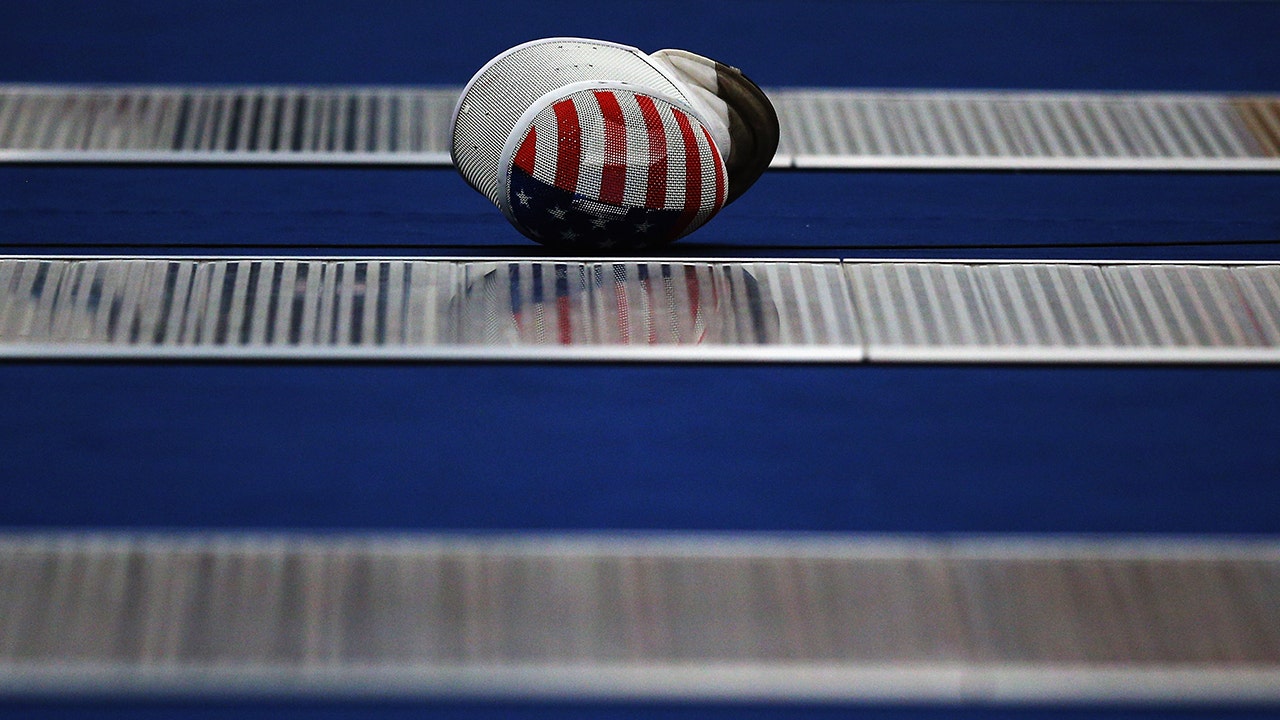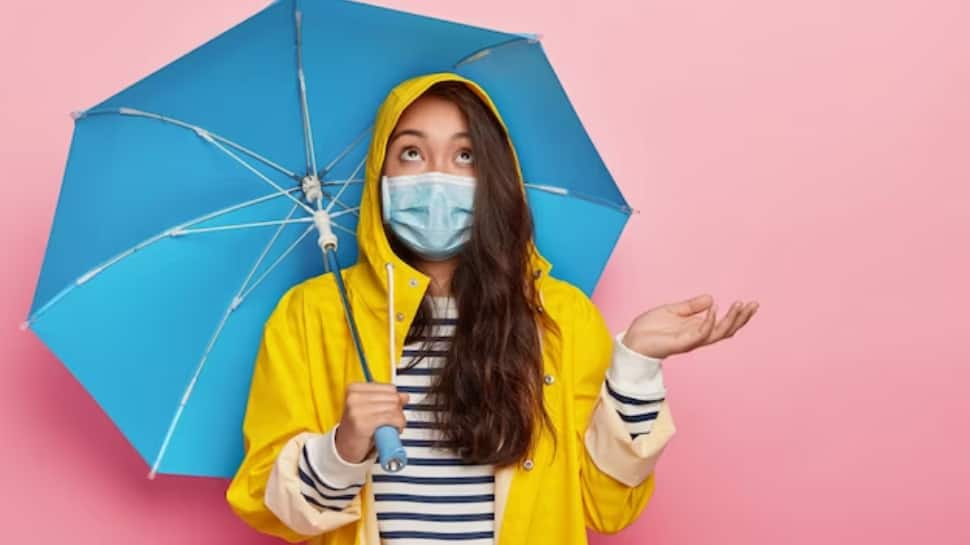Monsoon season: While you might enjoy getting soaked in the first shower of the year, REFRAIN is the word you need to remember if you want to stay healthy and keep viral diseases at bay. The heat has now subsided a bit. It’s time to get out the bright umbrellas, water-resistant backpacks, and raincoats from the closet.
The threat of numerous illnesses begins to loom as soon as the rainy season arrives. Additionally, loose motion might occur from time to time. When this happens, you should exercise caution and be knowledgeable about how to halt loose motion.
Especially in the case if children, respiratory infections, fever, and sore throats are frequent health issues during periods of severe rain. Due to the fact that most kids like eating calorie-dense, spicy, mouthwatering foods during the monsoon, the likelihood of developing a stomach illness also rises. Infected food and water also frequently cause typhoid and jaundice.
cre Trending Stories
Due to unsanitary circumstances and a lack of compliance with basic preventative measures, there is a very significant risk of contracting numerous viral infections during monsoon season. In the rainy season, early illness detection and treatment might be the difference between life and death.
You should be aware of the following frequent illnesses that are quite common during this time of year. It is also essential to be aware of the steps that you and your family may take to prevent these infections.
Three types of common viral infections:
– Mosquito-borne diseases
– Air-borne diseases
– Water-borne diseases
Tips to prevent infections during monsoon season
Here are some monsoon tips to help keep infections and allergies at bay:
– Use boiled water or water purifiers, and only clean water should be consumed.
– Avoid allowing water to stagnate to keep mosquitoes away from your home and the area.
– Ensure that your house has adequate ventilation.
– When sneezing or coughing, one should cover their mouth and nose with a handkerchief.
– Wear long sleeves while going outside since dengue-transmitting mosquitoes often bite during the day, either in the early morning or the late evening.
– One should keep dry clothing and shoes apart from damp and soiled items. To stop the spread of the infection, swap your towels every day and avoid sharing.
– Don’t eat outside Eat as much freshly prepared meals as you can.
– Drink water every two hours, and if travelling, bring home-boiled water with you.
– To lower your chance of viral infection, stay away from busy spaces like theatres and exhibition halls.
– Using hand sanitizers when travelling and washing hands before eating any meal.
– Keep your hands clean by washing them before touching your mouth and nose.
– When riding a bike or sitting close to a window in a bus or train, cover your nose.
– Don’t get wet when it rains.
Many individuals often turn to antipyretics, analgesics, and antibiotics as self-medication at such times, but keep in mind that self-medication is never a good idea.
More significantly, antibiotics cannot treat a viral fever. Antibiotics are drugs designed to kill bacteria, not viruses, so avoid using them to treat viral illnesses.
(This article is meant for informational purposes only and must not be considered a substitute for advice provided by qualified medical professionals.)














































